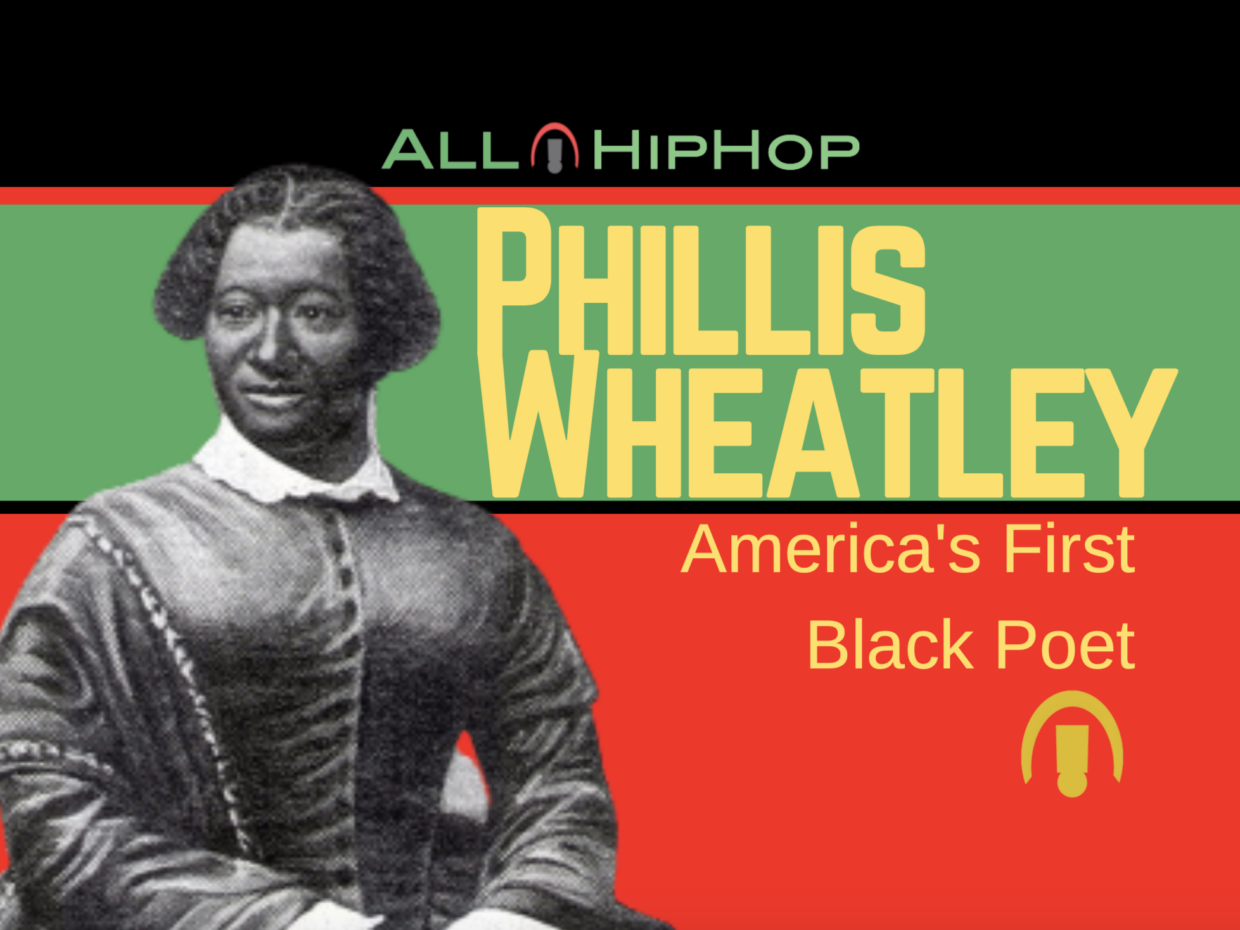Respected by everyone from countless historical figures including Voltaire and George Washington, Phyllis Wheatley gifted the world with incredible poetry.
Scholars believe that Phillis Wheatley was born in 1753 in West Africa. She was sold into slavery at no more than eight years old by a local chief and was bought by a wealthy Boston merchant.
Her enslaver, John Wheatley was widely known as a “progressive” for his time. This could be why Phillis, named after the slave ship that transported her to America, was provided with a full education. Wheatley’s daughter taught her how to read and write. By age 12, she was reading literary classics and by 14 she had written her first poem.
The Wheatleys quickly came to understand that Phillis possessed an incredible talent for writing. She was inspired by the likes of Milton, Homer, and Horace.
At 20, Phillis went with the Wheatleys’ son to London. They believed that she would have a better chance of publishing a book of poems she had been working on there.
During her time in London, Phillis received an audience of countless members of British society. She was even supposed to meet King George III. This never occurred because Phillis returned to Boston before the meeting. However, she did attract the interest of Selina Hastings. The countess subsidized the publication of Wheatley’s poems.
After her book received publication in 1773, Phillis was emancipated. By 1778 both John and Susanna Wheatley had passed away.
In 1775, Phillis sent a copy of a poem she wrote entitled “To His Excellency, George Washington.” The then military general wrote back and she was invited to visit him in Cambridge Massachusetts in 1776.
She also wrote a letter to Reverend Samson Occom. In the letter, she commended him on his beliefs that enslaved people should be provided with their natural-born rights in America. Phillis is also known to have written letters corresponding with British philanthropist John Thorton.
After her Emancipation, Philis married a free black grocer John Peters. Their partnership was both tragic and short. Phillis died at the age of 31 after becoming a scullery maid and her infant son died shortly after. In her last years, Phillis was living in poverty due to her husband’s debt.
Phillis rarely wrote poems about herself. Instead, many were tributes to famous figures and often had Christian themes. However, there were rare examples where she referred to her own life including “On Being Brought From Africa To America.”
Many people including Thomas Jefferson found it difficult to believe that an African slave was capable of writing poetry. Phillis was constantly forced to defend herself from the claims that the poems were not hers and even argued her case in court. Eventually, a group of Boston luminaries agreed that the poems were her own.
Since her death black literary scholars have critiqued her writing extensively. Many note that it lacks a sense of identity as an enslaved African American. Some have suggested that this is due to the fact that Phillis was manipulated by her enslavers. It is widely believed that she was separated from the other slaves in the household and only completed light housework. As a result, Phillis saw herself more as part of the family rather than a piece of property that they owned.
Despite this, at the time of the publication of her book of poems, it has been claimed that Phillis became the most famous African American in the world.
